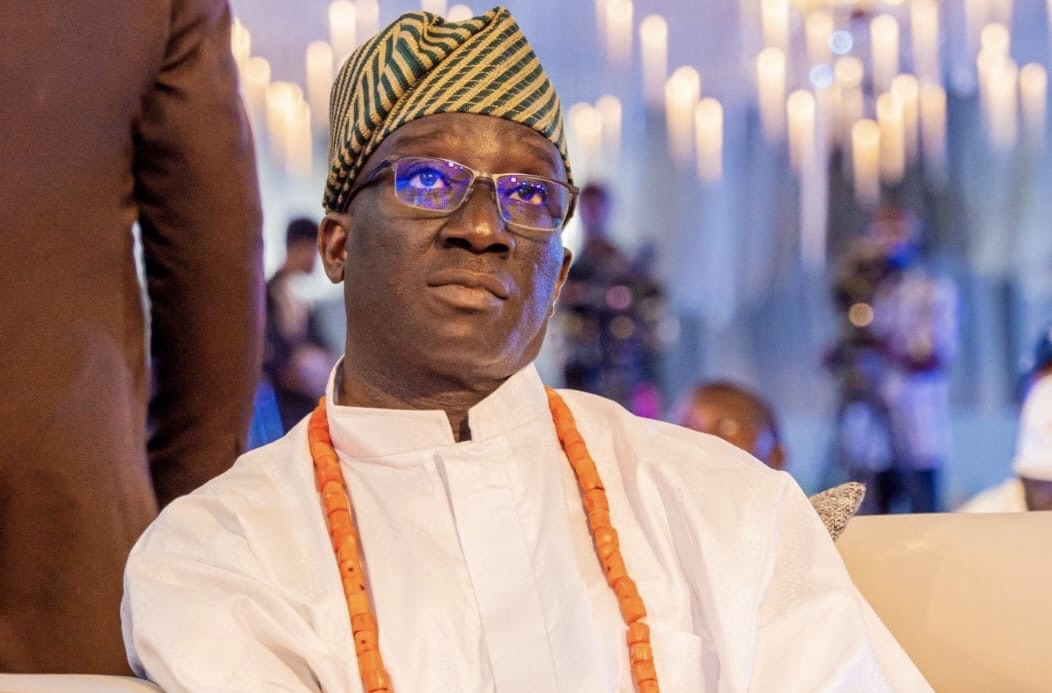It is no longer news that the Nigerian government has contemplated setting 18 years as the minimum age requirement for students to take critical examinations like the West African Senior School Certificate Examination (WASSCE), National Examination Council (WASSCE), and the Unified Tertiary Matriculation Examinations (UTME). However, what has stirred recent controversy is the policy somersaults exempting ‘gifted children’ from this age limit.
These recent policy changes regarding age limits have sparked significant debate and drawn mixed reactions from parents, educators, and the public at large. While some view the introduction of provisions for exceptionally gifted or advanced students to sit for these examinations at an earlier age as a necessary adjustment, others perceive it as a manifestation of a double standard in educational policy.
The Nigerian government’s decision to allow exceptionally gifted students to take these examinations before the age of 18 aims to accommodate the academic readiness of high-achieving students who may have completed their studies earlier than their peers. Proponents argue that this flexibility is crucial for nurturing talent and preventing educational stagnation among exceptionally gifted individuals. But this policy introduces inconsistencies and reinforces educational inequality.
By exempting ‘gifted children’ from the age restriction, the government risks creating a system where some students are privileged based on their perceived abilities, while others are bound by rigid age constraints. This dual approach has raised concerns about fairness and equity in access to education. The idea no doubt, is absolutely segregative!
The implementation of this policy has highlighted issues of discrimination and segregation within the education system. Parents and stakeholders fear that defining ‘giftedness’ could be subjective and prone to biases, potentially disadvantaging students from disadvantaged backgrounds or those without access to adequate educational resources. This could exacerbate existing disparities in educational outcomes based on socio-economic status or regional differences.
The policy’s implication of a two-tiered system where ‘gifted’ students are granted exceptions while others are not has sparked debates about the government’s commitment to providing equal educational opportunities for all children. Critics argue that such policies could widen the gap between privileged and marginalised students, undermining efforts towards inclusive and equitable education.
Beyond the conceptual debates, practical concerns surround the implementation of this policy. Questions arise about the criteria and mechanisms used to identify ‘gifted children’ eligible for exemption from age restrictions. The lack of standardised guidelines or clear definitions of ‘giftedness’ could lead to inconsistencies across schools and regions, further complicating the policy’s application and enforcement.
Moreover, the impact on the education system as a whole remains uncertain. The sudden exemption of ‘gifted children’ from age limits could disrupt established educational norms and practices, potentially affecting curriculum planning, teacher training, and resource allocation. Schools may face challenges in adapting their educational strategies to accommodate varying academic paces and developmental stages among students.
The introduction of a policy exempting ‘gifted children’ from age restrictions reflects wider challenges and aspirations within Nigerian society. It highlights the tension between promoting academic excellence and ensuring inclusive education for all students. While striving to nurture talent and intellectual potential, policymakers must manage the ethical and practical considerations of fairness, equity, and social justice in education.
Furthermore, the psychological impact on students subjected to such policies can not be overlooked. The pressure on ‘gifted children’ to perform at advanced levels from a young age may contribute to increased stress, anxiety, and mental health issues.
This challenging situation occasioned by the new policy may even prompt some Nigerians to resort to dishonest practices. Some parents might turn to the Oluwole market, notorious for altering and forging documents like birth certificates, in an attempt to circumvent the 18 years of age to qualify their children and wards to take the mandatory examinations.
To address the concerns raised by stakeholders and mitigate potential negative consequences, it is imperative for the policymakers to establish clear and transparent criteria for identifying ‘gifted children,’ ensuring that the process is fair, objective, and free from biases. Again, the government should implement policies that promote equitable access to educational opportunities for all students, regardless of their perceived abilities or backgrounds. Also, the government should develop comprehensive support mechanisms, including specialised educational programmes, mentorship opportunities, and psychological counselling, to meet the unique needs of ‘gifted children.’
More so, stakeholders should foster dialogue and collaboration among parents, educators, policymakers, and community members to shape inclusive and responsive educational policies. In addition, they should regularly monitor and evaluate the impact of policy changes on student outcomes, educational equity, and overall societal well-being.
In conclusion, while the intention behind allowing ‘gifted children’ to take examinations earlier is to cater to their advanced learning pace, the policy’s implementation and broader implications necessitate careful consideration. Balancing the promotion of academic excellence with the principles of fairness and inclusivity is crucial for fostering a robust and equitable educational system devoid of segregation and disparity in Nigeria.
Odaro, a columnist, lectures in the Department of Mass Communication, Auchi Polytechnic, Auchi, and can be reached via: [email protected].


